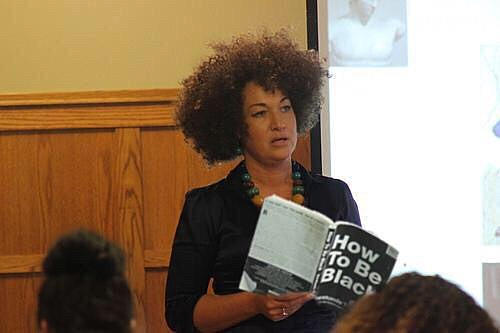“We Are Not Racists, We Are Mexicans”: Privilege, Nationalism and Post-Race Ideology in MexicoPosted in Anthropology, Articles, Caribbean/Latin America, Media Archive, Mexico, Social Science on 2015-07-26 02:42Z by Steven |
“We Are Not Racists, We Are Mexicans”: Privilege, Nationalism and Post-Race Ideology in Mexico
Critical Sociology
Published online before print 2015-06-18
DOI: 10.1177/0896920515591296
Mónica G. Moreno Figueroa, Lecturer in Sociology
University of Cambridge, United Kingdom
Emiko Saldívar, Associate Project Scientist
Department of Anthropology
University of California, Santa Barbara
This article analyses the conflicting understandings surrounding the recognition of anti-black racism in Mexico, drawing from an analysis of the 2005 controversy around Memín Pinguín. We ask what is at stake when opposition arises to claims of racism, how racial disavowal is possible, and how is it that the racial project of mestizaje (racial and cultural mixture) expresses a form of Mexican post-racial ideology. We argue that the ideology of mestizaje is key for unpacking the tensions between the recognition and disavowal of racism. Mestizaje solidifies into a form of nationalist denial in moments when racism is openly contested or brought up. It becomes a concrete strategy of power that is mobilized to simplify or divert attention in particular moments, such as with the Memín Pinguín controversy, when the contradictions within the social dynamic are revealed and questioned. Here is where Mexico’s “raceless” ideology of mestizaje overlaps with current post-racial politics. We explore state, elite and popular reactions to the debate to discuss how such public displays reflect an invested denial of race and racism while, at the same time, the racial status quo of mestizaje is reinforced. This, we argue, is the essence of post-racial politics in Mexico.
Read or purchase the article here.
